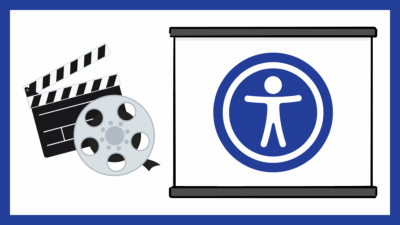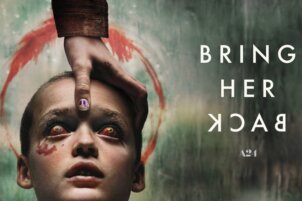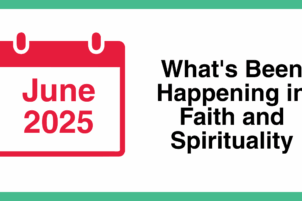 Media portrayals of disabled people are often limited to antiquated tropes or couched in ableist assumptions. Ensuring the lived experience of disabled people in faith-based content affirms that every human being has value and must be treated with respect.
Media portrayals of disabled people are often limited to antiquated tropes or couched in ableist assumptions. Ensuring the lived experience of disabled people in faith-based content affirms that every human being has value and must be treated with respect.
Uninformed portrayals of disabled individuals can lead to misconceptions that foster harmful biases and inequitable practices. Disability Belongs™ is committed to transforming how disability is represented across all sectors by promoting authentic stories that honor the full humanity of disabled people.
Instead of reflecting the real lives of disabled people with all their nuance, complexity, and dignity, faith-based media often positions disabled people as symbols—a testimony of divine healing or an object of charity. Media that features disabled people as helpless and dependent, inspirational and brave, superhuman, or miraculously cured advances harmful rhetoric that leads to stigma, ableist attitudes, and exclusion. But content that is grounded in the lived experience of people with disabilities can build understanding and affirm disabled people as integral, valuable members of faith communities.
For producers of faith-based media, here are three things to keep in mind:
- Say the hard parts out loud. Truthful storytelling matters. Disability stories are not always neat or uplifting—and they don’t need to be. Don’t shy away from complexity. Center the full, lived experiences of disabled people, including the challenges, resilience, and joy. Every story deserves to be told with dignity and respect.
- Every disability story is valuable. Just like one Western movie cannot capture the full spectrum of life on a ranch, no one media presentation can cover every disability experience. It is important to include diverse perspectives, including those of nonapparent disabilities like asthma, arthritis, or a heart condition. These experiences are just as real and impactful as apparent disabilities.
- Prioritize authenticity. Accountability matters. Cast disabled actors in disabled roles and ensure their accessibility needs are met. Seek guidance from people with lived experience and partner with organizations such as Disability Belongs™ to provide resources, answer questions, and make recommendations.
Before beginning a project that includes a disabled character, pause and reflect: Why are you telling this story? Who is it for? And what message will it leave behind? The choices you make when casting, writing, consulting, and collaborating affect how audiences perceive disability. These decisions can either reinforce harmful stereotypes or foster a culture of inclusion and belonging. Faith-based media has a powerful opportunity to affirm the inherent value of every disabled person by telling their stories truthfully, capturing and celebrating the diversity of the disability community, and partnering with those who live these experiences every day.
Visit Disability Belongs™’ website for more insights and support.







